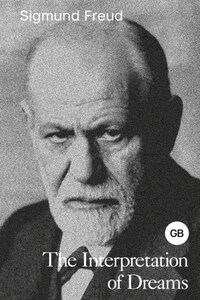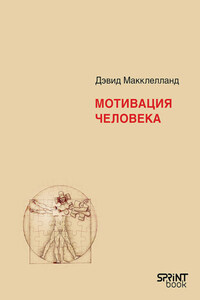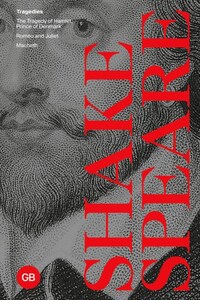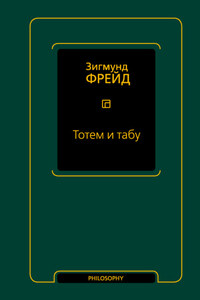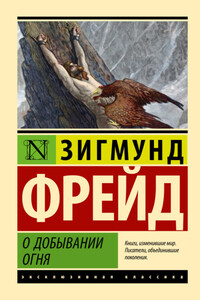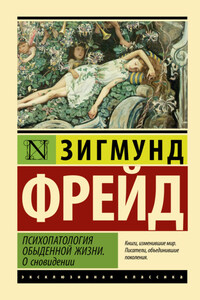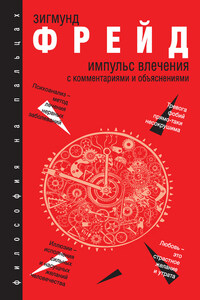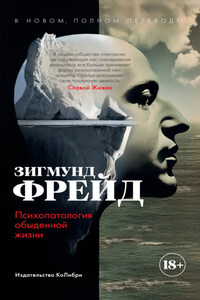I
The scientific literature on the problems of the dream[1]
In the following pages I shall prove that there exists a psychological technique by which dreams may be interpreted, and that upon the application of this method every dream will show itself to be a senseful psychological structure which may be introduced into an assignable place in the psychic activity of the waking state. I shall furthermore endeavour to explain the processes which give rise to the strangeness and obscurity of the dream, and to discover through them the nature of the psychic forces which operate, whether in combination or in opposition, to produce the dream. This accomplished, my investigation will terminate, as it will have reached the point where the problem of the dream meets with broader problems, the solution of which must be attempted through other material.
I must presuppose that the reader is acquainted with the work done by earlier authors as well as with the present status of the dream problem in science, since in the course of this treatise I shall not often have occasion to return to them. For, notwithstanding the effort of several thousand years, little progress has been made in the scientific understanding of dreams. This has been so universally acknowledged by the authors that it seems unnecessary to quote individual opinions. One will find in the writings indexed at the end of this book many stimulating observations and plenty of interesting material for our subject, but little or nothing that concerns the true nature of the dream or that solves definitively any of its enigmas. Still less of course has been transmitted to the knowledge of the educated laity.
The first book in which the dream is treated as an object of psychology seems to be that of Aristotle>2 (Concerning Dreams and their Interpretation). Aristotle asserts that the dream is of demoniacal, though not of divine nature, which indeed contains deep meaning, if it be correctly interpreted. He was also acquainted with some of the characteristics of dream life, e. g., he knew that the dream turns slight sensations perceived during sleep into great ones (“one imagines that one walks through fire and feels hot, if this or that part of the body becomes slightly warmed”), which led him to conclude that dreams might easily betray to the physician the first indications of an incipient change in the body passing unnoticed during the day. I have been unable to go more deeply into the Aristotelian treatise, because of insufficient preparation and lack of skilled assistance.
As every one knows, the ancients before Aristotle did not consider the dream a product of the dreaming mind, but a divine inspiration, and in ancient times the two antagonistic streams, which one finds throughout in the estimates of dream life, were already noticeable. They distinguished between true and valuable dreams, sent to the dreamer to warn him or to foretell the future, and vain, fraudulent, and empty dreams, the object of which was to misguide or lead him to destruction[2]. This pre-scientific conception of the dream among the ancients was certainly in perfect keeping with their general view of life, which was wont to project as reality in the outer world that which possessed reality only within the mind. It, moreover, accounted for the main impression made upon the waking life by the memory left from the dream in the morning, for in this memory the dream, as compared with the rest of the psychic content, seems something strange, coming, as it were, from another world. It would likewise be wrong to suppose that the theory of the supernatural origin of dreams lacks followers in our own day; for leaving out of consideration all bigoted and mystical authors – who are perfectly justified in adhering to the remnants of the once extensive realm of the supernatural until they have been swept away by scientific explanation – one meets even sagacious men averse to anything adventurous, who go so far as to base their religious belief in the existence and co-operation of superhuman forces on the inexplicableness of the dream manifestations (Haffner>32). The validity ascribed to the dream life by some schools of philosophy, e. g. the school of Schelling, is a distinct echo of the undisputed divinity of dreams in antiquity, nor is discussion closed on the subject of the mantic or prophetic power of dreams. This is due to the fact that the attempted psychological explanations are too inadequate to overcome the accumulated material, however strongly all those who devote themselves to a scientific mode of thought may feel that such assertions should be repudiated. To write a history of our scientific knowledge of dream problems is so difficult because, however valuable some parts of this knowledge may have been, no progress in definite directions has been discernible. There has been no construction of a foundation of assured results upon which future investigators could continue to build, but every new author takes up the same problems afresh and from the very beginning. Were I to follow the authors in chronological order, and give a review of the opinions each has held concerning the problems of the dream, I should be prevented from drawing a clear and complete picture of the present state of knowledge on the subject. I have therefore preferred to base the treatment upon themes rather than upon the authors, and I shall cite for each problem of the dream the material found in the literature for its solution.
